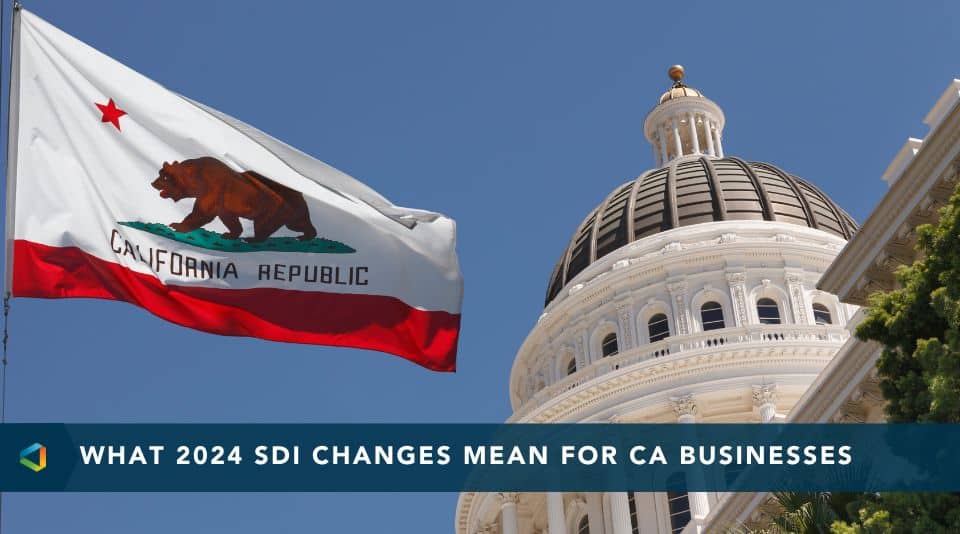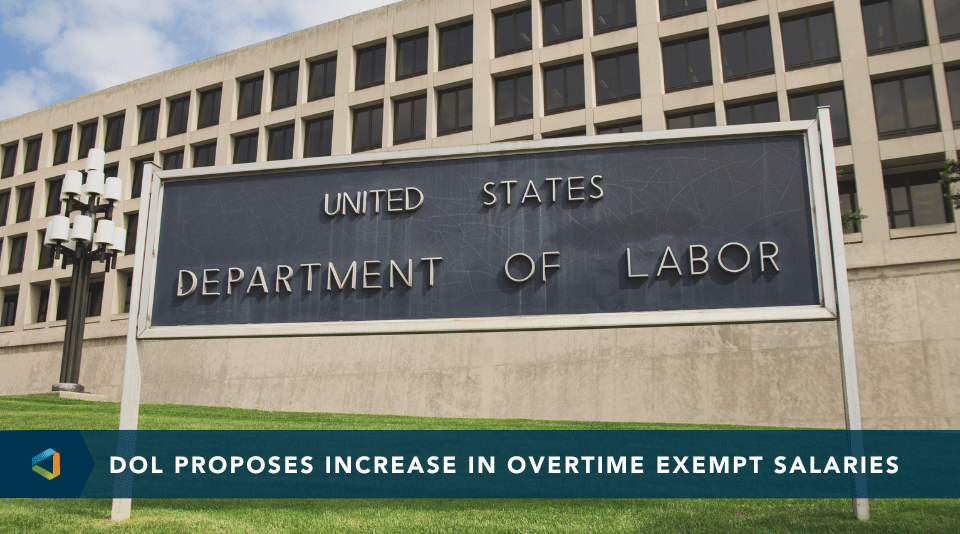Compliance Confidence
California Increases Pay Transparency Rules Starting in 2023
California Increases Pay Transparency Rules Starting in 2023
Employers with California applicants and employees must comply with increased pay transparency rules effective January 1, 2023.
California recently passed legislation that increases employer requirements for disclosing pay scales in job postings and increases requirements for applicants and employees. Additionally, the bill increases the types of pay data required to be reported to the state. The following are key requirements employers should note.
Which employers are covered by the new law?
All employers who may be hiring in California or have employees in California, even if they may be or are working remotely from California.
Pay Transparency Requirements
For the past few years, employers have been required to provide a position’s pay scale upon request by a California job applicant. The current bill adds new disclosure requirements for applicants and expands the requirements to current employees.
- “Pay scale” has been clarified and refers to the “salary or hourly wage range that the employer reasonably expects to pay for the position.”
- The bill removes the requirement that applicants must make the pay scale request after an initial interview. Once the bill is effective, applicants can request pay scale information at any point in the recruiting process.
- Employers with 15 or more employees must include a position’s pay scale in all job postings.
- Employers must provide the pay scale to third-party job posters, who are also required to include the pay scale in job postings.
- Employers must provide existing employees with their position’s pay scale upon request.
- Employers must maintain job title and wage rate records for all employees for three years following termination.
Individuals may file a complaint with the Labor Commissioner or bring a lawsuit for violating the disclosure requirements. Civil penalties may be awarded for $100 to $10,000 per violation. There is a safe harbor for a first violation where no penalty is assessed if the employer updates their open positions to include the required pay scale.
Pay Data Disclosure Requirements
Since 2021, California employers with 100 or more employees have been required to submit annually expanded EEO-1 reporting data to the Civil Rights Department. Going forward, annual reporting has been moved from March 31st every year to the second Wednesday in May. The next required report will be due on May 10, 2023. Several other changes were made to the reporting requirements.
- Employers with 100 or more employees and hired through labor contractors will now be required to submit a separate pay data report for those labor contractors. “Labor contractor” means an individual or entity that supplies a client employer with workers to perform the job. A court may sanction any labor contractor who fails to provide pay data to the employer.
- The required data is expanded to include the median (middle) and mean (average) hourly rate within each job category for each combination of race, ethnicity, and sex.
- Employers with multiple establishments no longer need to submit a consolidated report for all employees; however, employers must still submit a report covering each establishment.
- Civil penalties for violations will be $100 per employee for failure to file a report and $200 per employee for a subsequent failure to file a report.
These new requirements may leave employers with questions about how to manage their obligations.
Do employers outside of California need to comply with the posting requirements?
If an out-of-state employer is hiring for positions within California, or if there is a possibility that someone may be hired to work remotely in California, employers across the country must comply with the pay scale posting requirements.
Can employers create different job postings inside and outside California?
One possible way of managing California requirements would be to create two job postings, one for non-California-based applicants and employees and another for California-based applicants and employees. However, limiting language would need to be included in the non-California-based job posting. Currently, the ability to separate postings is not addressed in the bill and may be blocked by future regulations.
Will these disclosure requirements be a new trend?
Colorado and Washington already have disclosure requirements. New York state will soon join New York City in adding similar requirements. Other jurisdictions also have varying degrees of disclosure requirements. Employers should consider implementing one process compliant with all locations to avoid managing carveouts across multiple jurisdictions.
Next Steps to Comply:
- Review the bill here.
- Determine pay scales for all job positions.
- Implement or update job descriptions for all positions.
- Have an audit conducted for equal pay compliance.
- Coordinate pay scale disclosures with third-party recruiters, if applicable.
- Update data collection procedures for pay data disclosure on May 10, 2023.
For more on recent regulatory updates in California and to learn more about payroll management, review these recent articles:




